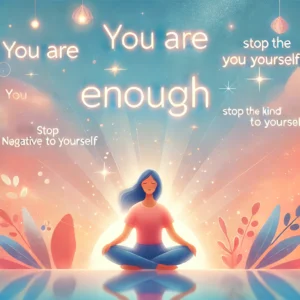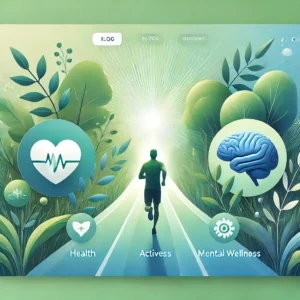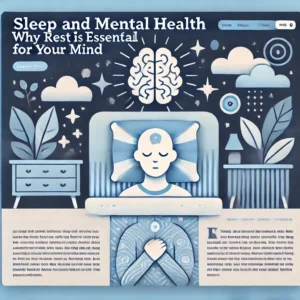On a crisp autumn morning, Sarah, a 35-year-old graphic designer, found herself staring out her window, feeling drained and unfulfilled despite a successful career and a loving family. A conversation with a friend introduced her to the concept of evidence-based happiness practices, sparking a journey that would transform her life. Today, Sarah radiates positivity and resilience, crediting simple, research-backed habits for her newfound joy.
This is Sarah’s story—and it can be yours too.
What Is Happiness, and Why Does It Matter?
Happiness isn’t just a fleeting emotion; it’s a measurable state that has profound impacts on health, relationships, and productivity. Scientists define happiness as a combination of life satisfaction and the experience of positive emotions. By cultivating habits that promote these elements, we can unlock the secret to lasting happiness.
The Science of Happiness
Research in positive psychology has identified several evidence-based strategies for improving happiness. Let’s explore some of the most impactful ones.
1. Practice Gratitude
Gratitude has been shown to significantly enhance mood and emotional well-being. A study published in the Journal of Personality and Social Psychology demonstrated that participants who kept a daily gratitude journal experienced increased happiness and decreased depressive symptoms.
How to Try It: Write down three things you’re grateful for each day. Reflect on why they’re meaningful to you.
2. Engage in Regular Physical Activity
Exercise doesn’t just benefit your body—it also boosts your mood. Research from the American Psychological Association reveals that regular physical activity can be as effective as antidepressants for mild to moderate depression.
How to Try It: Start with 20–30 minutes of moderate exercise, like brisk walking or yoga, five times a week.
3. Cultivate Mindfulness
Mindfulness practices, such as meditation, help you stay present and reduce stress. A 2014 study in JAMA Internal Medicine found that mindfulness-based stress reduction programs significantly improved mood and reduced symptoms of anxiety and depression.
How to Try It: Dedicate 10 minutes daily to mindfulness meditation using a guided app or video.
4. Nurture Social Connections
Humans are social creatures, and meaningful relationships are vital for happiness. According to a Harvard study spanning over 80 years, strong relationships are the most important factor in long-term happiness.
How to Try It: Schedule regular catch-ups with loved ones or join a community group.
5. Find Purpose Through Acts of Kindness
Engaging in altruistic activities has been shown to boost happiness levels. Helping others activates brain areas associated with reward, creating a lasting sense of fulfillment.
How to Try It: Volunteer for a cause you care about or perform small acts of kindness, like buying coffee for a stranger.
Conclusion
Happiness isn’t just a personal goal—it’s a skill you can cultivate with intentional practices. By following evidence-based strategies like gratitude, exercise, mindfulness, building relationships, and acts of kindness, you can transform your mood and overall well-being. Just like Sarah, you have the power to create a life filled with joy and purpose.
References:
- Emmons, R. A., & McCullough, M. E. (2003). Counting blessings versus burdens. Journal of Personality and Social Psychology.
- Blumenthal, J. A., et al. (2007). Effects of exercise training on older patients with major depression. American Psychological Association.
- Kabat-Zinn, J., et al. (2014). Mindfulness-based stress reduction and health benefits. JAMA Internal Medicine.
- Waldinger, R., & Schulz, M. S. (2015). The Harvard Study of Adult Development.




